Motorcycle Beginner: I Want to Ride
My name is Dennis Chung and I am one of the many behind-the-scenes staffers behind Motorcycle.com. And I have a confession to make.
I have never ridden a motorcycle.
Let’s back things up a bit first and explain a few things. Regular Motorcycle.com readers are of course familiar with Editor-in-Chief Kevin Duke, Senior Editor Pete Brissette and the FNG Troy Siahaan living the glamorous life as moto-journalists on the left coast. But what most readers don’t know is our three resident shoot-out kings are backed by a small but dedicated army of people who do all the little things to help Motorcycle.com thrive.
My duties consist mainly of a lot of research and fact-checking, keeping track of the latest industry news, laying out articles and breaking out the crayons to produce the dyno charts for our reviews and shootouts. After nearly four years here at Motorcycle.com and having read and re-read almost every single word we’ve published over that span, I probably know as much about motorcycles as anyone can without ever having ridden one.
Well it’s about time we changed that, right? And that’s why I’ve been chosen to be the sacrificial virgin for Motorcycle.com’s Beginner Bike Series.
New Blood
A recent report from J.D. Power and Associates confirmed what many in the motorcycle industry have discovered: their customer base is aging. According to the report, the average age of a new motorcycle buyer in 2001 was 40. Fast forward nine years to 2010 and what do we see? The average age of a new motorcycle buyer last year was 49. It doesn’t take a math genius to see what’s going on here. The motorcycle industry needs new blood.
The motorcycle industry was one of the hardest hit by the global economic downturn, and though there have been signs the worst is over ( U.S. Motorcycle sales were up 7.2% in the first quarter) we still have a long way to go to return to the figures we saw just five years ago.
As Troy wrote in our 2011 250cc Beginner Bike Shootout, the entry-level rider segment is the Holy Grail for motorcycle manufacturers. The industry needs to attract new customers with quality beginner-friendly products, and then keep them coming back for more advanced models as they gain more experience.
And the manufacturers have started to take action. Kawasaki has had a near stranglehold on the low-displacement sportbike segment for two decades with its Ninja 250R while Honda is introducing its new CBR250R. In Europe and Asia, KTM is introducing its new 125 Duke while Aprilia has promised a new RS4 125 will arrive in North America by the end of the year.
With that, we here at Motorcycle.com decided to do our part with this new series, illustrating the experiences a typical new rider goes through. We’ll go through getting licensed, receiving proper training, and follow the experience of an entry-level rider on an entry-level motorcycle: our 2011 beginner bike shootout winner, the Honda CBR250R.
Now that we’ve established why we’re doing this series, it’s time to ask an important question …
Why do you want to ride?
Everyone has his or her own reason for wanting to ride a motorcycle. Some people like the feeling of traveling in the open air without being surrounded by two tons of metal. Some like the personal connection between the individual and the machine. Others like the feeling of camaraderie and community shared between all bikers. And some people just like to go really, really fast.
While all of those reasons carry some appeal, for me, the most important reason is practicality. I currently take public transit for the 20-mile commute from my home in the suburbs to the office in downtown Toronto. On a good day, it takes me an hour and a half to get to work. On a bad day, it can take me up to two hours before I arrive. As much of a proponent of public transportation I am, this means three to four hours of my life each day is spent crammed onto a crowded bus or subway train.
The alternative is to drive to work. In addition to being the possessor of a monthly transit pass, I also happen to be the proud owner of a 1998 Nissan Altima. On the days I choose to drive to work, my one-way commuting time is halved to just 45 minutes.
What I gain in time I pay for in cold, hard cash. A monthly transit pass in Toronto costs $121. With about 22 or 23 work days each month, that translates to roughly $5.50 a day for transportation. By comparison, my ’98 Altima is rated at 23 mpg by the EPA. With a two-way travel distance of 40 miles, I can expect to pay about $8 a day for gasoline, and likely more if oil prices rise as expected this summer. Add parking fees which vary from $10-$12 a day, depending on the lot, and I can wind up spending about $20 each day for my daily commute. As it is, my choices are to pay in either time or money.
A fuel-efficient small-displacement motorcycle such as the Honda CBR250R can offer the best of both worlds. The fuel-injected CBR250R will get about 60 mpg, possibly more, translating to almost a third the fuel costs of my Nissan. Even better, street parking for motorcycles in Toronto is free. Factor in insurance and the start-up cost of buying a motorcycle and riding gear and I'll still come out ahead compared to commuting in the car. Public transit will still cost less, but the time savings will be more than worth it.
More by Dennis Chung



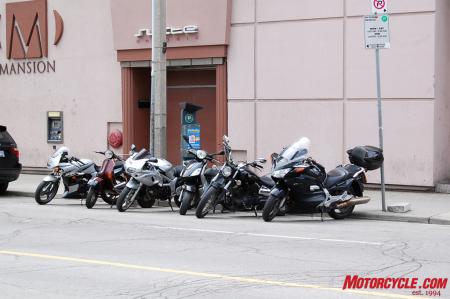





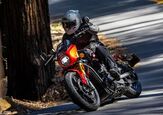
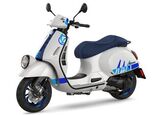
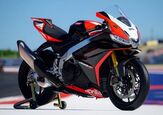
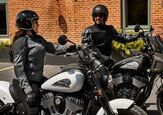


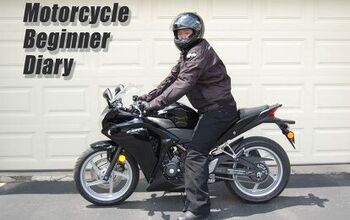
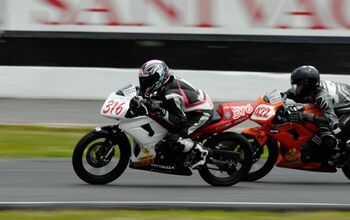



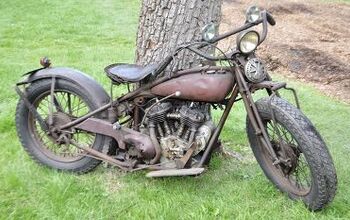
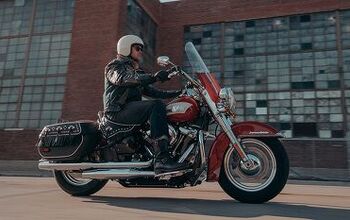
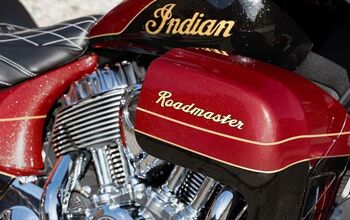
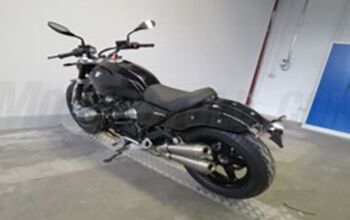
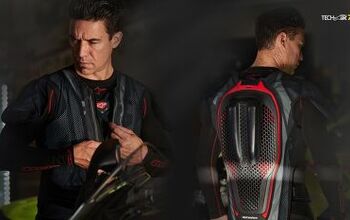
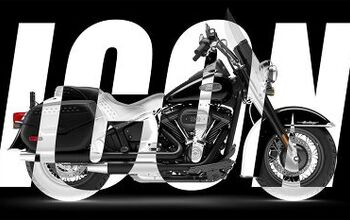

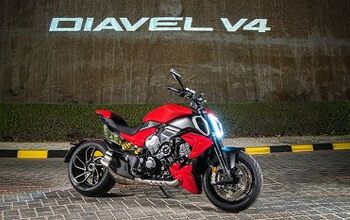
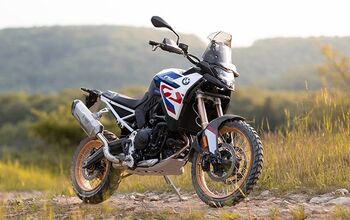
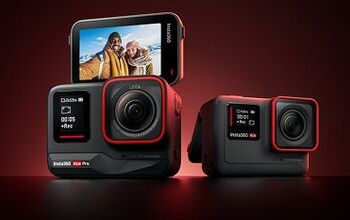
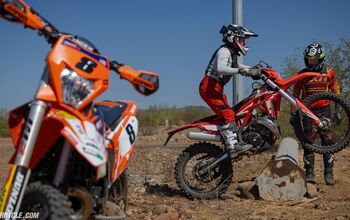

Comments
Join the conversation